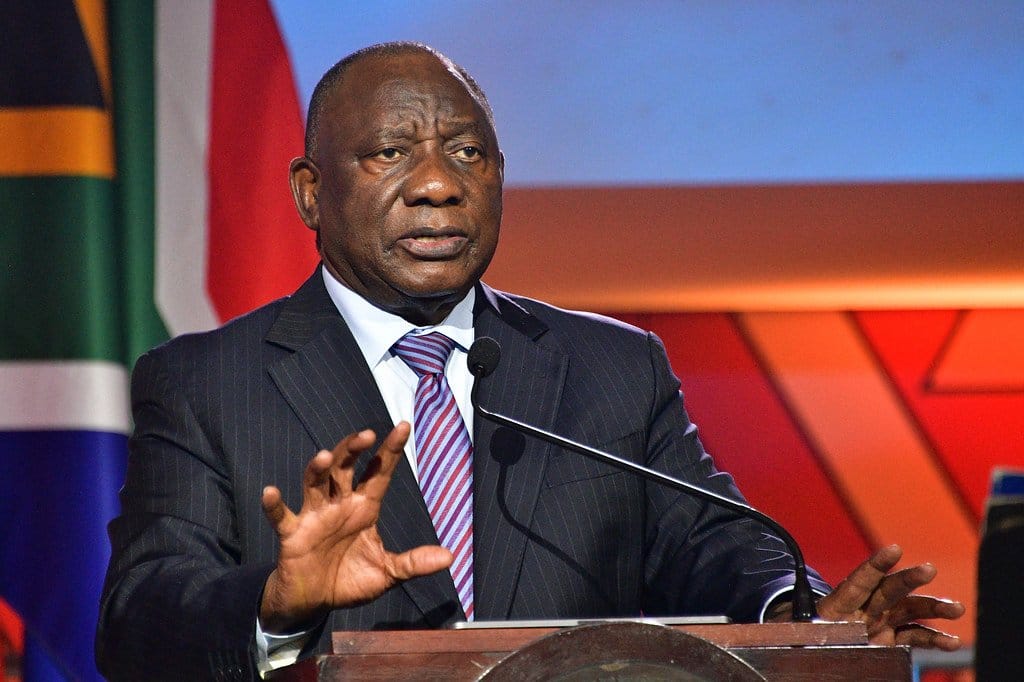The United States Congress is advancing a controversial bill that could impose sweeping sanctions on South African officials over the country’s growing ties with U.S. adversaries, including China, Russia, and Iran.
The legislation, known as the U.S.-South Africa Bilateral Relations Review Act of 2025, passed its first hurdle this week and now awaits a full vote in the House of Representatives. If passed, it would mandate a formal reassessment of U.S.–South Africa relations and give President Donald Trump the authority to sanction members of South Africa’s ruling African National Congress (ANC) accused of undermining American interests.
Proposed by Congressman Ronny Jackson and supported by Representative John James, the bill accuses South Africa of abandoning its traditional non-aligned stance and forging deeper partnerships with states hostile to Washington. The legislation cites concerns over the ANC’s ties to the Chinese Communist Party, its close relationship with Moscow amid Russia’s war in Ukraine, and recent anti-Israel rhetoric from South African leaders following the October 7 conflict in Gaza.
A key component of the bill is a classified report, due within 120 days of enactment, identifying ANC officials allegedly involved in corruption, human rights abuses, or support for designated terrorist organizations. The bill also mentions South Africa’s public support for Hamas, which is designated as a terrorist group by the U.S.
If fully approved, the legislation would mark a turning point in Washington’s relations with Pretoria, signaling the end of what some U.S. lawmakers see as a lenient approach to a “strategically unreliable” partner.
While the ANC has not formally responded to the proposed bill, the Democratic Alliance (DA), South Africa’s second-largest party, has criticized the government’s silence and accused President Cyril Ramaphosa’s administration of ignoring mounting diplomatic risks. The DA also revealed that the president’s special envoy to the U.S., Mcebisi Jonas, was denied a diplomatic visa earlier this year—a move seen as a warning signal from Washington.
As geopolitical tensions deepen, the proposed sanctions raise serious questions about the future of U.S.–South Africa cooperation, trade, and technological exchange. With American lawmakers pushing for stronger accountability, Pretoria may soon face difficult choices on the global stage.



